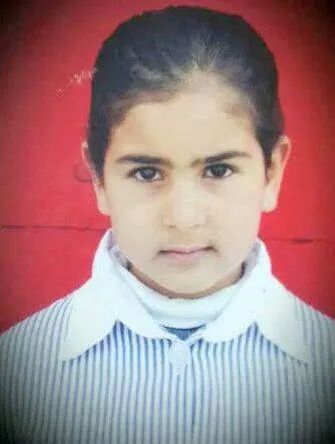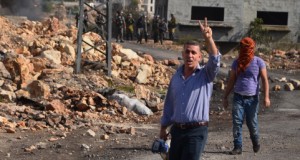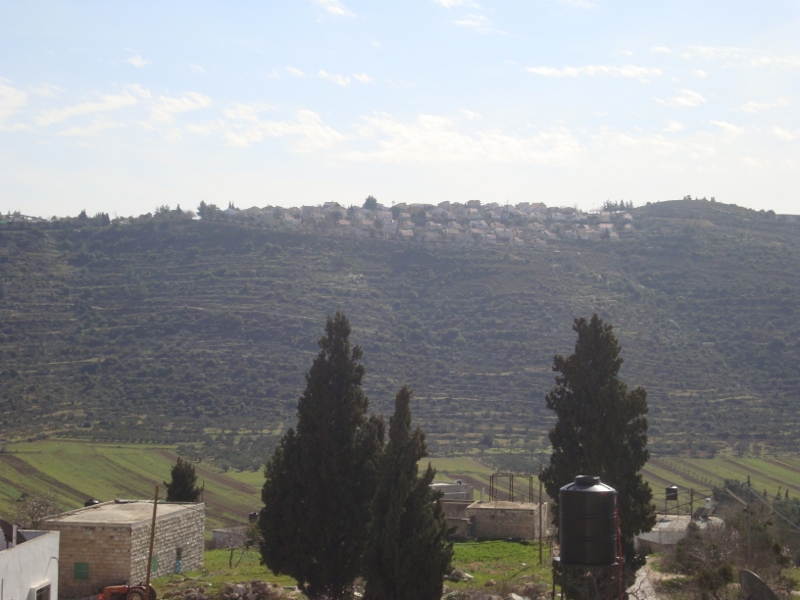Author: ISM Media
-
Action alert: Help free 14-year-old Malak
1st February 2015 | International Solidarity Movement, Ramallah Team | Occupied Palestine On January 21st, 14 year old Malak Khatib was sentenced by the Israeli military courts to two months in Israeli jails. Malak has been in Hasharon prison for over a month now as her family continues to endure the unbearable absence felt in their small…
-
“We believe in a bright future…a future when our children will be free” – Kufr Qaddum resident released from prison
29th January 2015 | International Solidarity Movement, Nablus Team | Nablus, Occupied Palestine Murad Eshtewi was released from prison on January 22, 2015. He was arrested on April 29th, 2014, serving 10 months in Israeli military prison. In order to secure his release, he was forced to pay a fine of 10,000 shekels (approximately $2500…
-
Village in Focus: As Sawiya
25th January 2015 | International Solidarity Movement, Nablus Team | As Sawiya, Occupied Palestine On January 24th, 2015, ISM activists visited As Sawiya, a Palestinian village located near Salfit. The village is home to around 3,500 people. Seven mountains surround the village; much of the land is occupied by three illegal Israeli settlements – Eli,…



